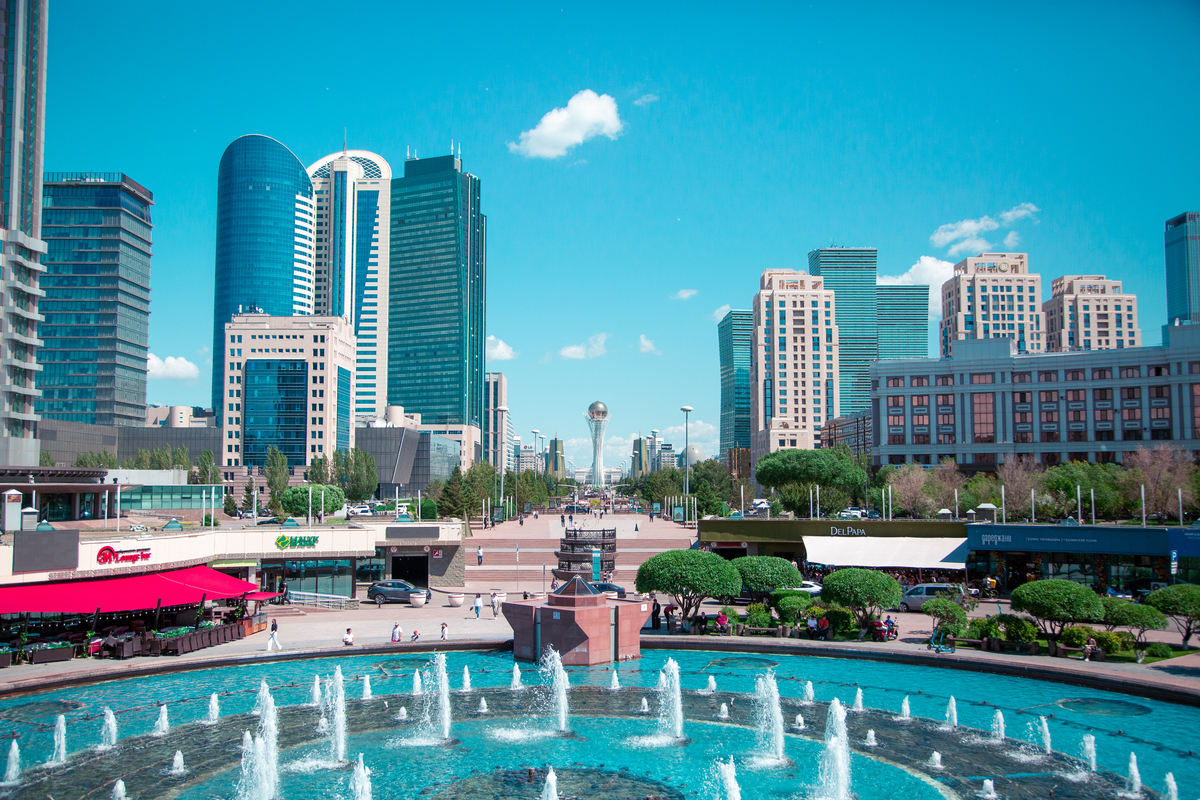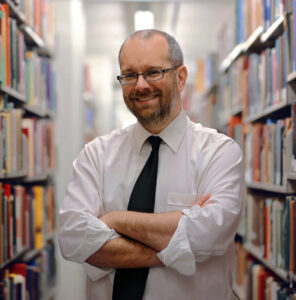For those who have been following Central Asia’s regional transformation from a peripheral region of the post-Soviet Union to a strategic area of diplomatic, economic and infrastructural importance, there is little surprise that Kazakhstan has assumed a leading position in hosting numerous international conferences and symposiums on economic, academic and technological topics, positioning the country as an important middle power between the developed and developing worlds.

View on the center of Kazakhstan’s capital Astana. Photo credit: The Astana Times
Kazakhstan’s strategy of multivector foreign policy and diplomacy is part of a larger and more long-term objective of transforming its economy from extractive to sustainable, and eventually towards innovation—serving as a model for other emerging countries to emulate. Its economic evolution over the past thirty years has certainly enriched the country and added to its geostrategic importance in Eurasian affairs. However, consequences like environmental pollution and degradation, water scarcity, and dependency on specific heavy industrial sectors has necessitated thinking beyond an economy of extraction, toward a focus on social responsibility, environmental awareness and a diversified national economy that invests in research and development, education and long-term sustainability.

Michael Rossi.
A critical part of this evolutionary transformation lies in education and academia, both through new universities offering international-standard curricula as well as internationally-attended conferences and symposiums on a variety of topics. In late May, Almaty hosted the Central Asian Climate Change Conference (CACCC), which, in its official Outcome Document, acknowledged the rising challenges the region faces with a growing population’s consumption of water, energy, biological, and land resources, all of which “pose significant threats to achieving not only the goals of the Paris Agreement under the United Nations Framework Convention on Climate Change (UNFCCC), but also the Sustainable Development Goals (SDGs) adopted by the countries in the region.”
In early September, Kazakh-German University (DKU) in Almaty hosted a three-day conference titled “Central Asia’s Transformations: Politics, Economy, and Society,” where more than 150 scholars from the Central Asian region and the wider world participated in a series of multidisciplinary panels and roundtables that focused on regional cooperation, socio-political development, education and well-being, migration, civic participation and good governance. In a series of keynote addresses, speakers noted not just the transformation of Central Asian states and societies over the past three decades, but the critical importance of taking the region seriously–both as a collective whole, and as individual states that have modernized with unique identities and expectations of their own on the global stage. The conference also considered Central Asia’s inclusion in the Shanghai Cooperation Organization and its strategic position as a link between East and West through China’s Belt and Road Initiative. The focus was on identifying key issues each country faces today and how to best utilize their individual strengths for further development.
In October, the Astana Think Tank Forum will host a special session on “Middle Powers in a Changing Global Order.” Considering Kazakhstan’s transformation from an extractive to sustainable to eventually innovative economy, it can certainly be seen how the country has positioned itself as a leader in Central Asia’s emergence from the peripheral unknown to a keystone in the Eurasian system.
Given Kazakhstan’s official position of adhering to a multivector model of foreign policy and diplomacy, the increasing number of conferences and other gatherings of intellectuals, experts and scholars sponsored by international universities lends credibility to its evolution into a Middle Power. This status may not necessarily be based on economic capability alone, but certainly on innovative thinking that builds on its current accomplishments while investing in long-term goals of sustainability and creativity, more typical of stronger states.
If we recognize the importance of states actively working to transform their national economies away from dependence on raw material extraction, Kazakhstan has been a conscious pursuer of achieving this higher status for years. The growing number of universities, consulting firms, and NGOs sponsoring conferences, workshops and educational scholarships is a testament to the country’s commitment to achieving a more sustainable and advanced future.
The author is Michael Rossi, a professor at Rutgers University in the United States, and University Instructor at Webster University Tashkent. His academic interests cover studies in Comparative Politics and International Relations of Europe, the former Soviet Union and the Middle East.
Disclaimer: The views and opinions expressed in this article are those of the author and do not necessarily reflect the position of The Astana Times.
